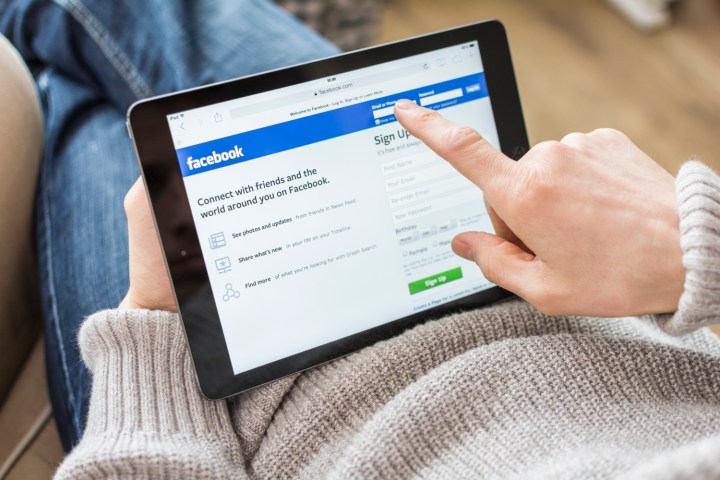
The comprehensive report, which uses survey responses from 400 U.S. consumers who own a smartphone or tablet, starts by looking at the current digital-assistant landscape. Today, 33 percent of consumers have used a digital assistant like Siri, Google Now, and Cortana in the past 30 days, according to Adobe.
Siri is the most likely to be used and ranked No. 1 in getting users the information they need. Apple’s digital assistant also averages more than 30,000 social mentions a day, six times the mentions Google Now and Cortana receive.
While Apple may rule the digital-assistant realm today, Adobe notes that Facebook M gets 20 percent of anticipation-related social mentions, four times the share of any of its competitors.
“Normally that’s around 0 to 5 percent,” senior data analyst for Adobe Digital Index Joe Martin told The Washington Post. “So 20 percent was extremely high.”
“After mainstream launch, Facebook M will establish itself as a true competitor to Siri with its advanced Artificial Intelligence capabilities,” according to Adobe’s report.
According to the survey, 51 percent of respondents say they have interacted with home electronic IoT devices. Google On Hub is the most popular in terms of social mentions, nearly doubling the mentions for Amazon Echo, the second most popular IoT device by this metric.
Adobe predicts that one in five U.S. homes will have a smart thermostat, smart home system, or smart smoke detector by the end of 2016.
The survey also found that one in four U.S. consumers currently own a fitness tracker, while 38 percent say they plan to purchase one in the next six months. The report also notes that 35 percent of smartwatch owners use that device most frequently for fitness-tracking purposes.
Meanwhile, 37 percent of U.S. consumers say they’re likely to purchase a smartwatch in the next six months. Unsurprisingly, 61 percent of these consumers say they will buy an Apple Watch.
One of Adobe’s predictions for 2016 is that smartwatches will surpass dedicated fitness trackers in the wearables category.
“I think it’s an iPod before the iPhone scenario,” Martin said. “Some people may have both, but end up using the more complex device because it does more than one thing.”
Editors' Recommendations
- You can now ask Google Assistant to tie your shoes with expanded app actions
- Google Assistant is now used by half a billion people around the world


